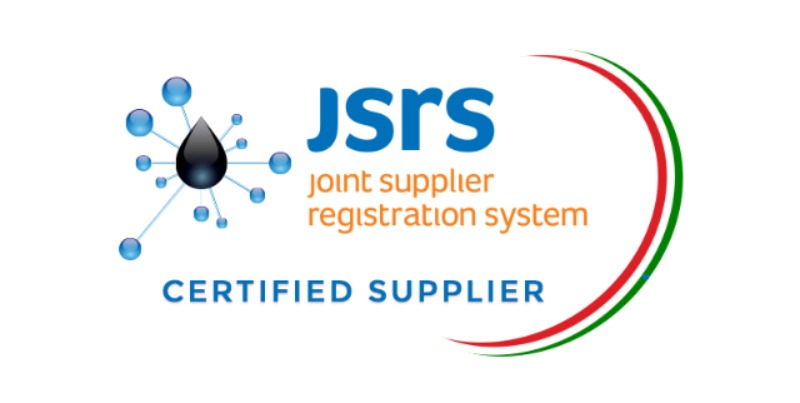- August 10, 2024
- Posted by: Murooj Al Alia
- Category: Uncategorized
As data becomes the basis for business applications. Organizations are implementing more and increasing software for managing data to ensure that they have access accurate and reliable data. In turn, that will lead to better decision-making and a rise in profitability. Whether the goal is to increase efficiency in operations, boost innovation in product development or decrease risk, tools for managing data can help you achieve these goals by automating workflows and enhancing communication between team members.
The best software for managing data can integrate disparate data sources into one platform that users can easily categorize, recognize and gain access to them in a simple way. This helps businesses avoid a jumble of information and instead deliver the most relevant data to experts in human and domain experts who are able to learn and make use of it. Data management tools are a method to simplify processes and create an efficient way to use and access a company’s most important asset.
Data management tools can be found on the cloud, which cuts down on infrastructure costs and increases the speed at which new analytics and data processing can occur. A lot of these tools offer more than just storing and managing your data. They also offer other data-related services, like metadata management and data history visualization.
One of the top software for managing data includes master data management (MDM), a tool that produces a set of common reference data about products, customers and other entities. Also, tools for data warehouse (DW), which use dedicated hardware to store huge amounts of structured and non-structured data. Other tools, such as Hadoop and other distributed data platforms, enable users to process and analyze large amounts of unstructured data. These solutions are usually equipped with advanced features such as high-performance architectures, real time data streaming, and scalable architectures.





 Hi, how can we help?
Hi, how can we help?